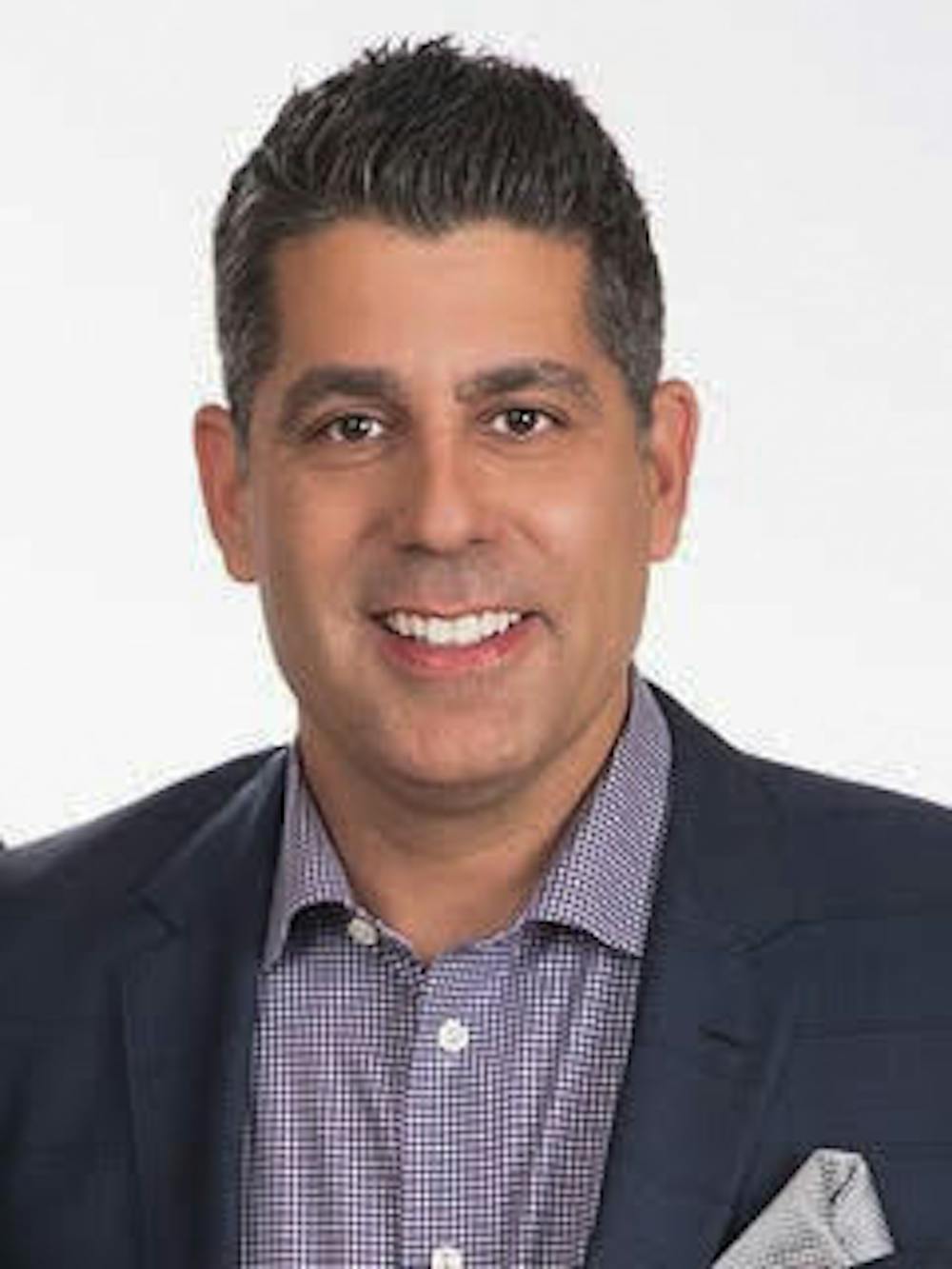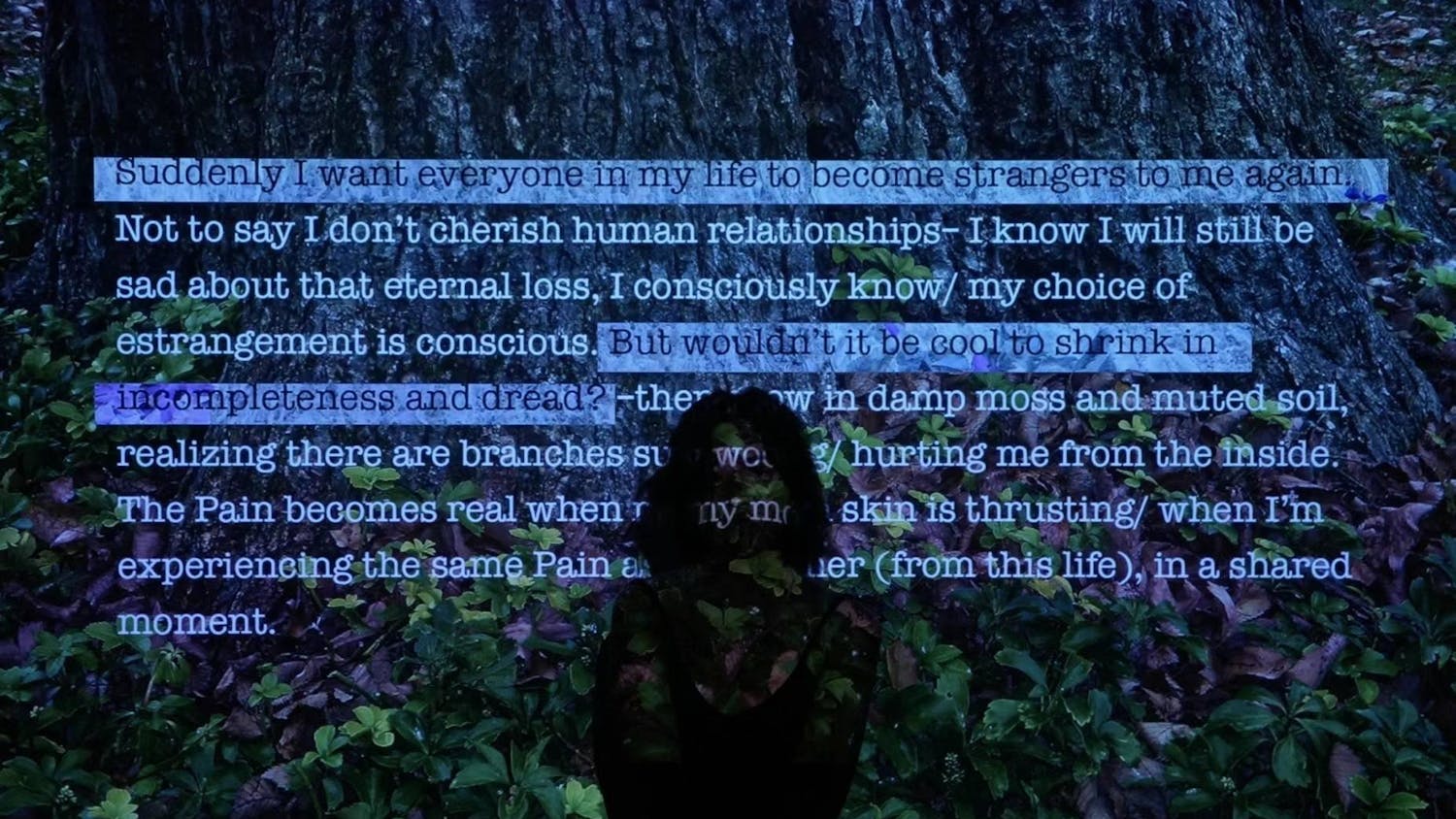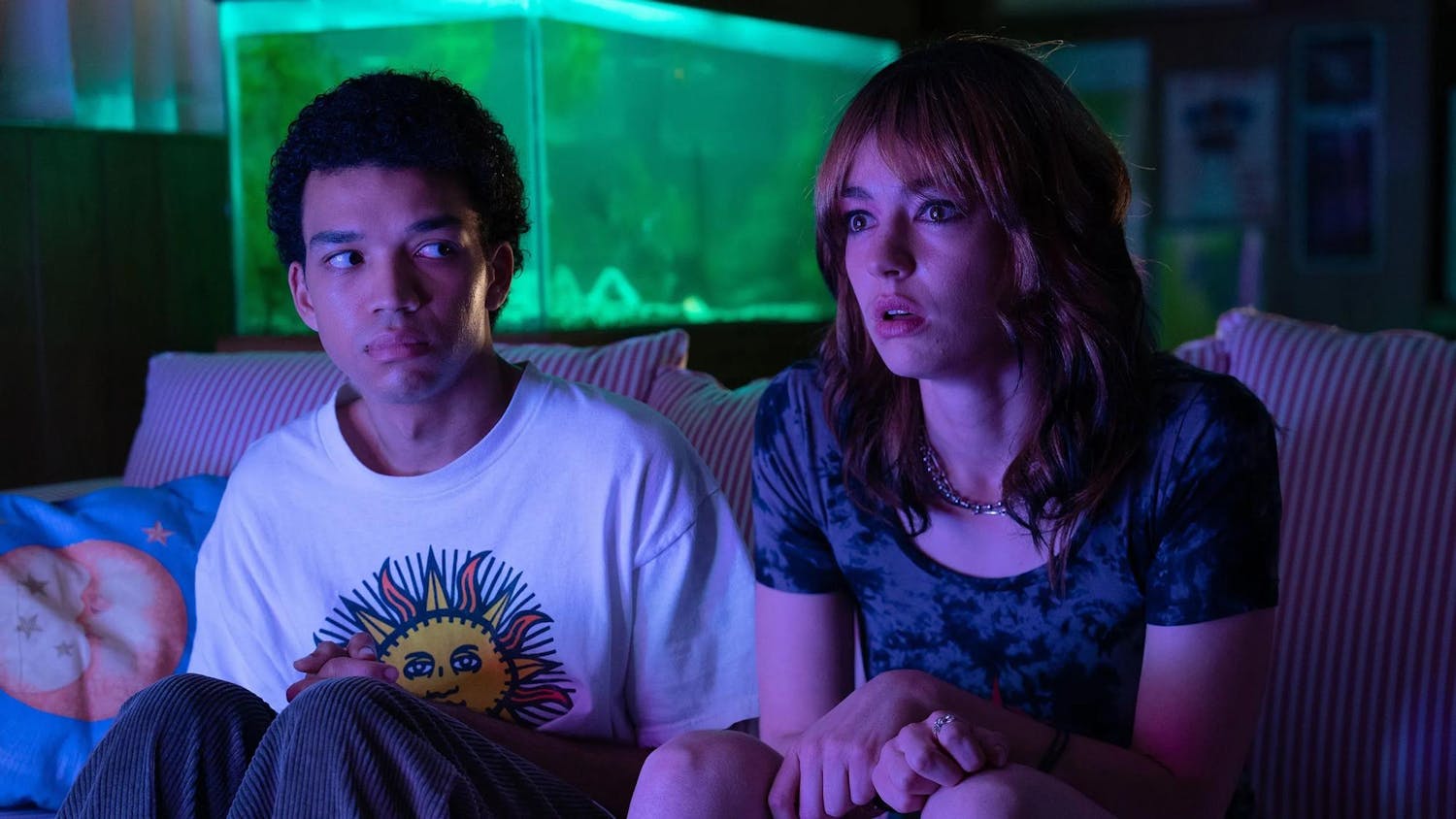When DJ Nash ’95 lost a friend to suicide a few years ago, he reflected on John F. Kennedy Jr.’s ’83 tragic death in his journal while on the way to the funeral.
This moment from Nash’s own life made its way into the pilot episode of the hit ABC series he created and executive produces, “A Million Little Things,” which traces the multifarious struggles of a tightknit group in the wake of their friend’s suicide. One of the show’s characters, Maggie, a clinical psychologist who attended Brown, allegorizes Kennedy’s plane crash to the inexplicable suicide: “The clouds came in, and (Kennedy’s) instruments were telling him which way was up, but he didn’t trust them. The truth was right in front of him, and he couldn’t see it,” she tells the distraught friend group at the funeral reception. “He lost sight of the horizon and nosedived, and by the time he realized what was happening, it was too late, and he couldn’t pull up. … That’s depression.”
Now nearing the end of its second season, “A Million Little Things” traces the narratives of seven Bostonian friends attempting to navigate individual struggles after facing collective loss. Emotionally laden scenes are inherent in a show with suicide at its core, but Nash emphasized the importance of using this trauma as an impetus for change: “This show is not about one friend dying but about seven friends finally living,” he explained.
The tragedy expressed in the series is not only a catalyst for positive change in the characters Nash writes but for the producer himself. The writing process has been a method of catharsis, and the show has become an outlet for dealing with these feelings of existential grief, Nash said. “I write myself into my characters, but I just hide it by them being different genders and different races.”
This freeing process of writing is something Nash first began to explore in his undergraduate career, where he concentrated in English and Economics. In a screenwriting course with Paula Vogel, a playwright and visiting professor to the University at the time, Nash “learned how to write scripts and tell stories effectively,” he said.
Beyond his coursework, Nash said that one of his most influential Brown experiences was his work as an RPL, where he developed an “awareness of how to not be politically correct but politically conscious,” he said. The empathetic cognizance that Nash developed at Brown has been something of vital importance in his narrative encounters with potentially triggering subjects: Nash referenced “trigger warnings and ... ‘for more information’ cards on the screen” as gestures credited to an awareness he developed during his time at the University.
After his time at Brown, Nash began his career in comedy. Now, he finds that his background in stand-up plays a critical role in informing his drama work despite the differences between the two genres. In “A Million Little Things,” Nash said, “the moments of comedy allow us to go even deeper.”
In his personal life, Nash finds himself using humor as a coping mechanism, a practice he has carried into his character-writing. “In life, when you feel like you just can’t take any more, the world gives you a reason to laugh,” Nash explained. “Without comedy, this show would be too heavy to watch.” Through employing moments of levity in situations that might otherwise dwell in the macabre, “A Million Little Things” elucidates friendship’s optimistic potential without trivializing trauma.
A USA Today review reflected on the show’s success in mediating the conversation between comedy and drama: “Call it feel-bad feel-good TV, or uncomfortable comfort food. ... More often than not, ‘(A Million Little) Things’ is a little comforting.”
Since its premiere in Sept. 2018, the show’s balance of lightness and intensity has contributed to its resonance. The first season, comprised of 17 hour-long episodes, amassed an average of 4.27 million viewers per airing.
Because of its personal roots, Nash was unsure of how the show might be received. “I hoped the show would resonate with people, but I didn’t anticipate the way in which they would identify and see themselves in these characters,” he said of his experience with the show’s popularity. “I started off by telling my story, and what I realized pretty early on was that we were telling our story.”
Nash conveyed his excitement to be returning to campus this Friday with two of the show’s cast members, James Roday, who portrays Gary, and David Giuntoli, who plays Eddie, for a workshop and panel hosted by the Literary Arts Department. The workshop will feature Nash’s pitch for “A Million Little Things,” but it will also offer an opportunity for students with current projects in the works to pitch their ideas for feedback. Following will be a panel with Nash and the two actors on the creative construction of “A Million Little Things,” alongside general industry advice.
Laura Colella, who teaches screenwriting at the University and one of the event’s organizers, spoke to her excitement for the unique experience: “I am just glad that students who aren’t in the screenwriting classes — which are by necessity quite small — will have this opportunity to have some way to get information and inspiration through an event outside of the classroom.”
Nash will be holding a story pitch workshop from 10 to 11:30 a.m. which requires an RSVP on Friday. There will also be a Q&A with Nash, Roday and Guintol at the McCormack Family Theatre from 12:30 to 1:30 p.m.





